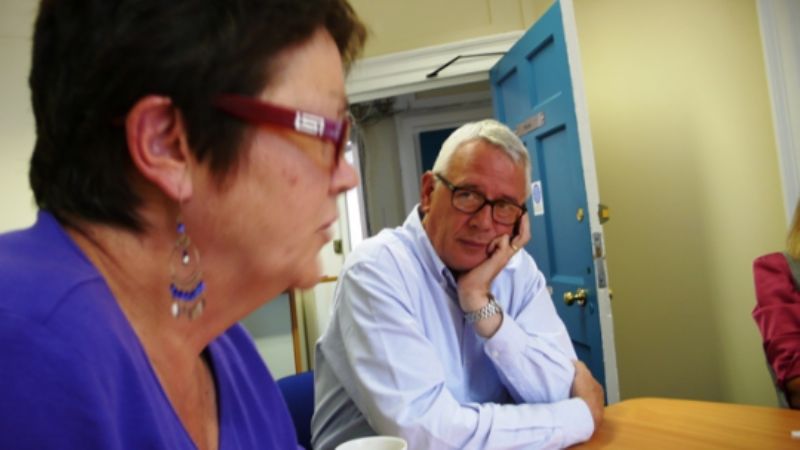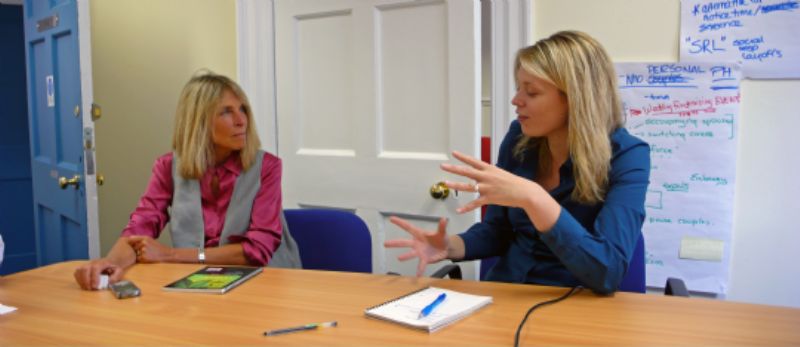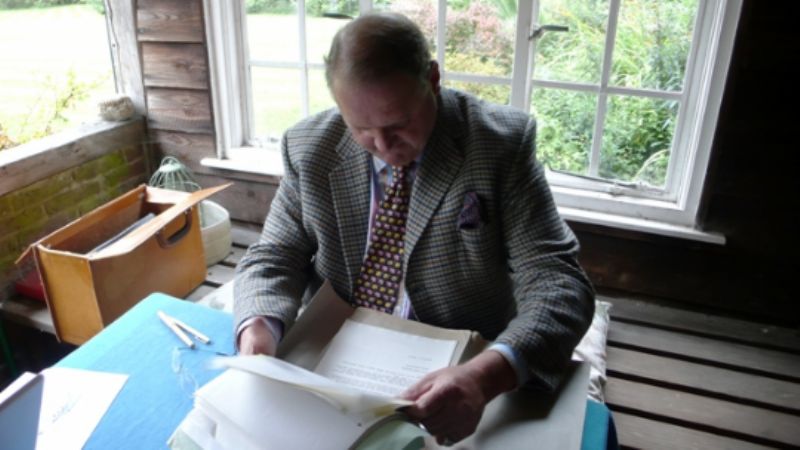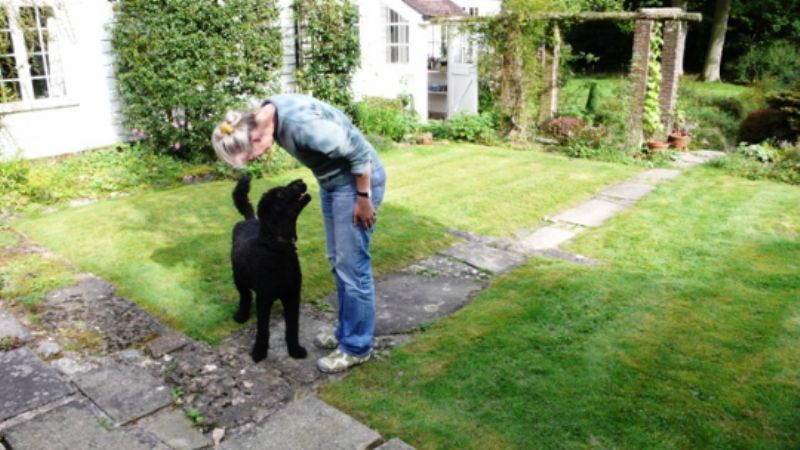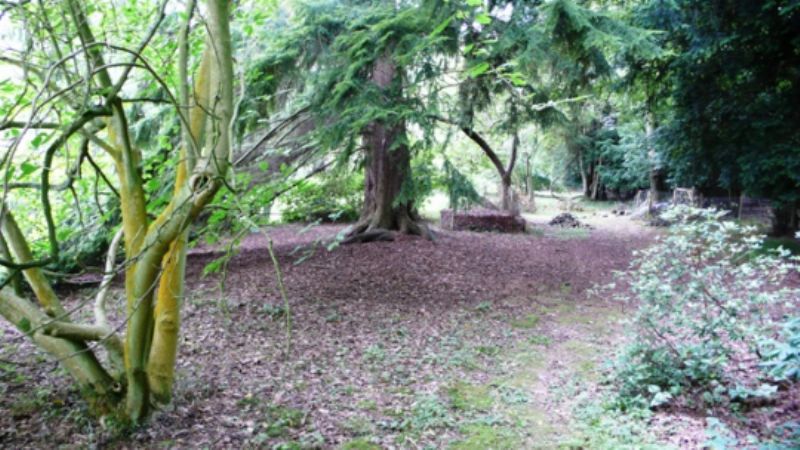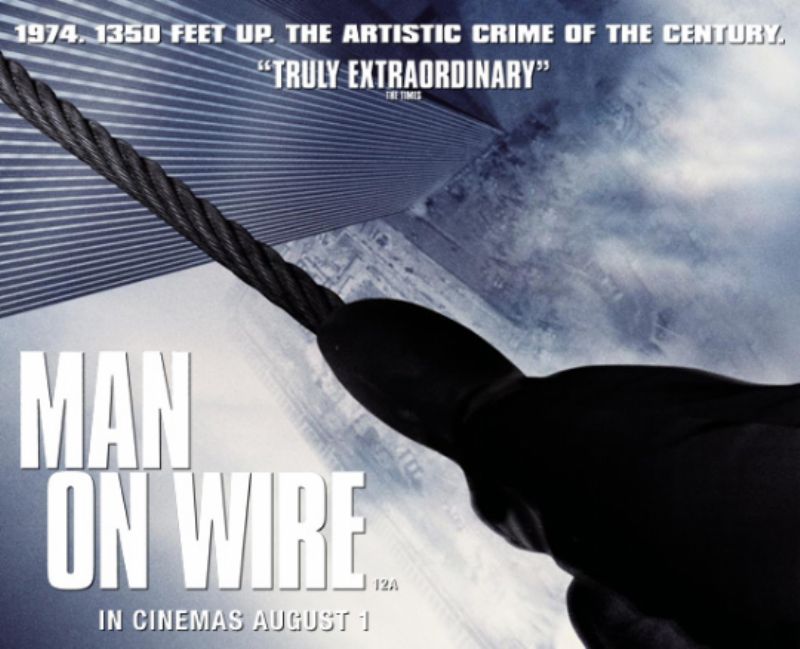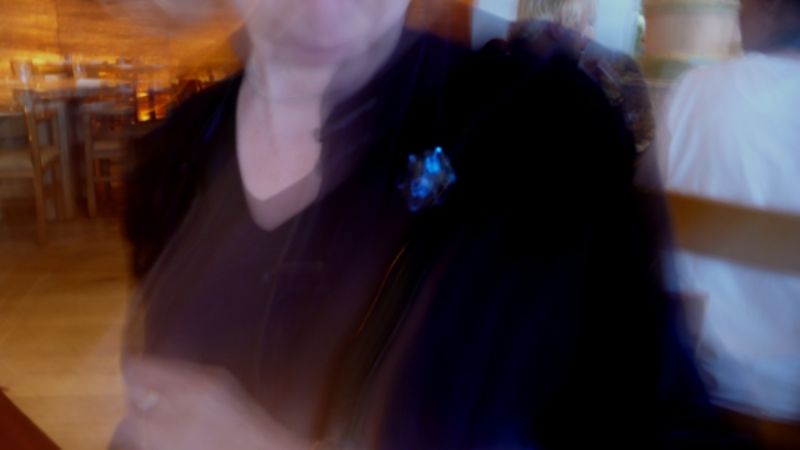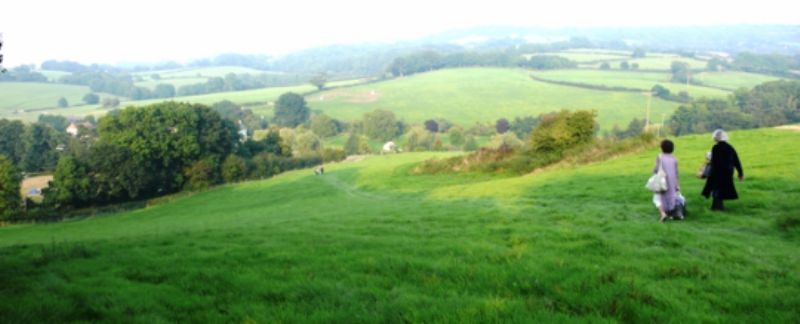 Janet and Elaine walking down to Trill Farm
Janet and Elaine walking down to Trill Farm
Drove down to Frampton, Dorset, to drop our bags at a rather grand B&B, before heading further west to Trill Farm, near Musbury, Devon, for a celebration of the launch of the Trill Farm Trust, This has been set up by Romy Fraser, who founded Neal’s Yard Remedies – and recently sold a majority holding to Peter Kindersley. Wonderful dancing to ceilidh band as the sun set.
Apart from Romy and Amrit Ahluwalia, who used to work with SustainAbility many, many moons ago and then worked with Romy, we bumped into people like Ed Posey of the Gaia Foundation, Richard St George (who used to work at the Centre of Alternative Technology) and Schumacher, Jude Smith Rachele of Abundant Sun, nd Sue Clifford and Angela King, who run one of my very favourite NGOs, Common Ground.
Driving back to Frampton very late, we found all the petrol stations closed and ourselves almost running on vapours – but found a station just about to close after some 25 minutes of heightening anxiety.
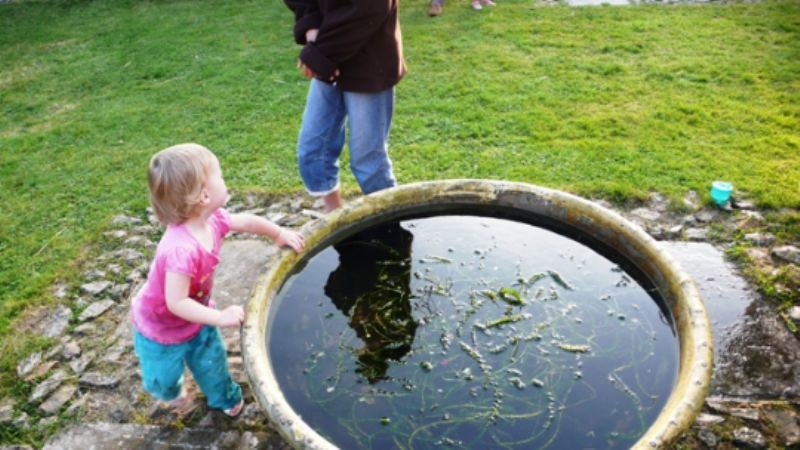 Reflection
Reflection 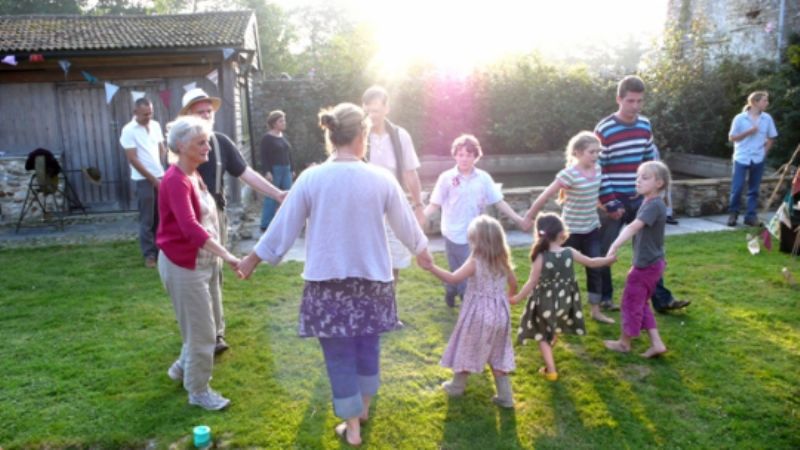 Dancing
Dancing 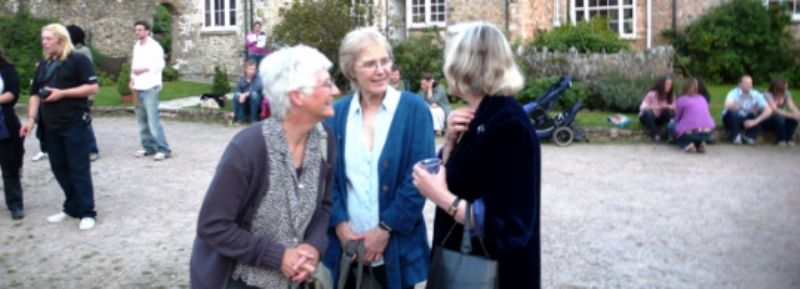 Sue, Angela and Elaine
Sue, Angela and Elaine 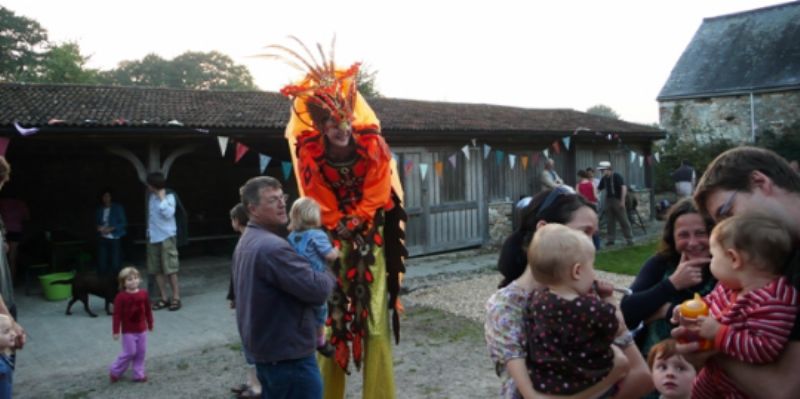 Stilts 1
Stilts 1 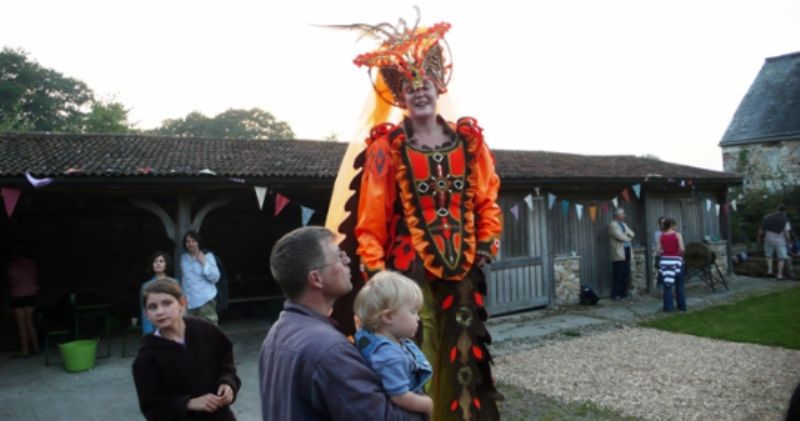 Stilts 2
Stilts 2 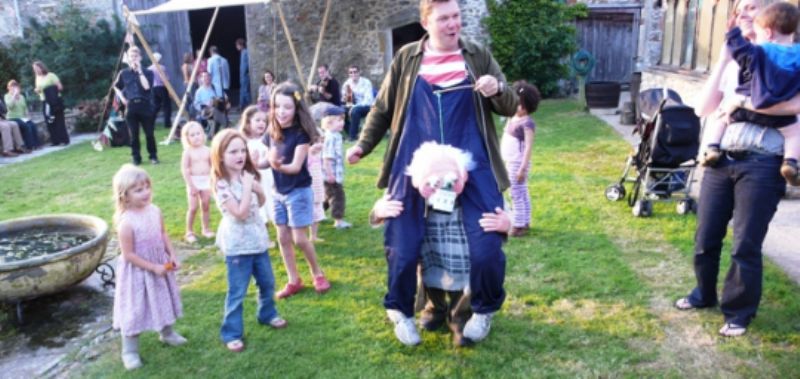 Old man puppet chases a bottle of gin
Old man puppet chases a bottle of gin 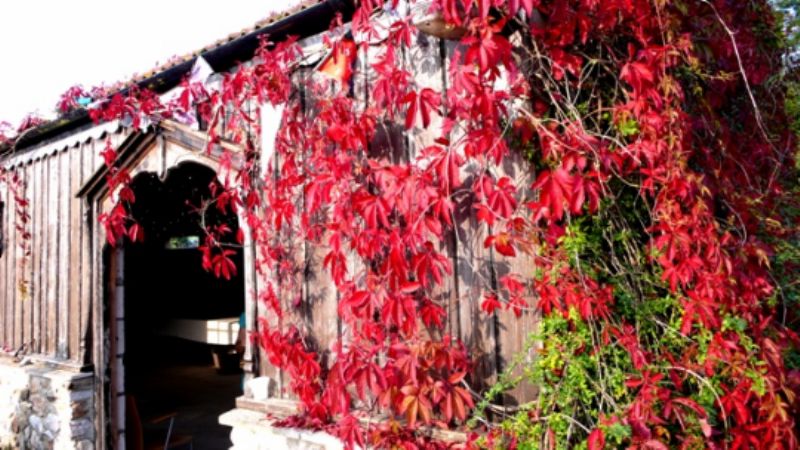 Vine
Vine


